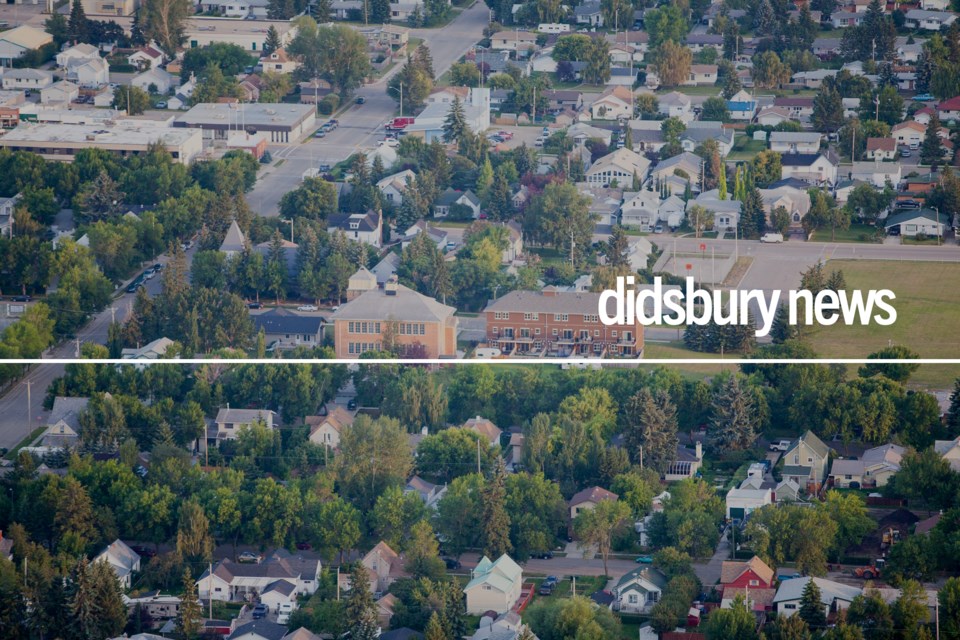DIDSBURY - Didsbury’s 2021 federal census population will stay at 5,070 after a Statistics Canada formal review requested by the Town of Didsbury found the number to be correct.
The federal census found Didsbury’s population was 5,268 in 2016 and 5,070 in 2021; a decrease of 3.8 per cent.
“The detailed investigation did not identify any errors in the 2021 census population or dwelling counts,” Puja Challenger, Statistics Canada director, Western Region & Northern Territories, said in letter to the Town of Didsbury’s chief administrative officer advising of the investigation’s result.
When the 2021 census statistics were released in February 2022, the Town of Didsbury’s council directed administration to send a letter challenging the results for the town.
At the time, Town of Didsbury Mayor Rhonda Hunter said, "I don't know where 200 people could have gone. I was surprised, that would be the best I could say right now."
Challenger pointed out where the declines occurred.
According to the final census data for Didsbury (which include population estimation for the 3.8 per cent non-respondent private dwellings), the number of persons in private households declined from 5,035 in 2016 to 4,895 in 2021 (-140 persons).
The average private household size declined slightly from 2.5 persons per household in 2016 to 2.4 persons per household in 2021.
The investigation noted another factor that affected the total population counts for 2021, Challenger said.
The population in collective dwellings declined by approximately 50 persons from census day 2016 to census day 2021.
“A large part of this decline is accounted for by Didsbury hospital (Didsbury District Health Services), as fewer individuals were reported by the hospital as being usual residents in 2021, compared to 2016,” she said.
The town’s mayor still sounded skeptical about the findings during the Nov. 14 council meeting when Challenger’s response was accepted as information.
According to Challenger, the investigation included a review of maps, enumeration records and the census data collected for the area, in order to verify boundaries and ensure that all population and dwellings were correctly enumerated and allocated within those boundaries.
The addresses of the completed 2021 census questionnaires were validated and the unoccupied dwellings were reviewed to confirm that the correct follow-up actions were taken to confirm their status.
The census relies on the number of people reported on questionnaires completed and returned by residents of each household as of census day, May 11, 2021.
“The 2021 census response rate for Didsbury was high at 96.2 per cent, which resulted in good data quality and low non-response rates to questions asked of the total population,” Challenger noted.



